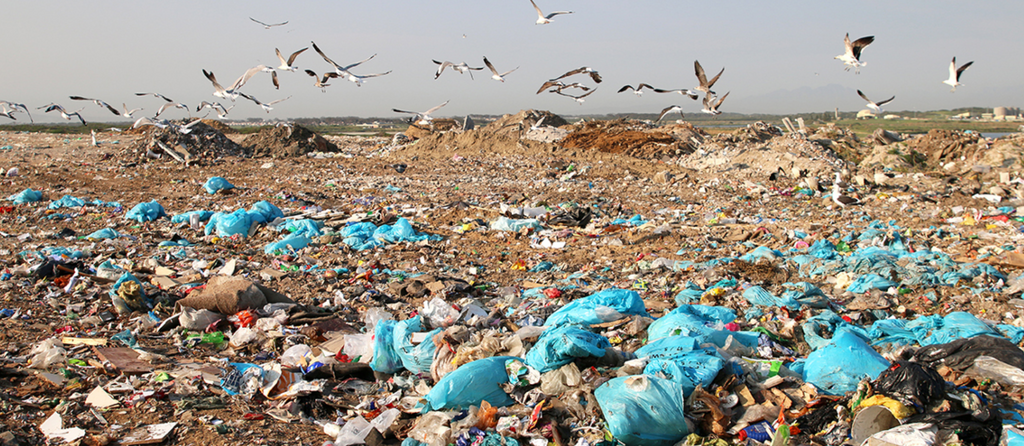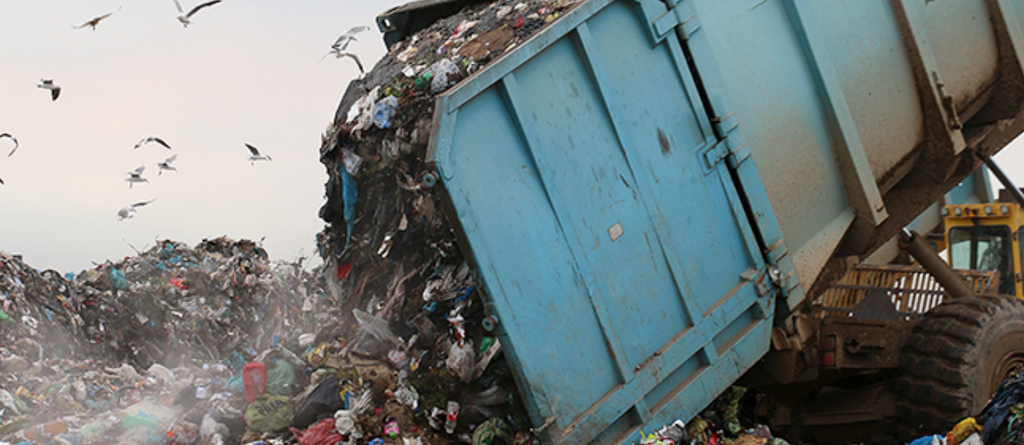Your Cart is Empty
3 min read

“It is one world. And it’s in our care. For the first time in the history of humanity, for the first time in 500 million years, one species has the future in the palm of its hands. I just hope he realises that that is the case.” We should all know by now that plastic is a problem. From the countless posts crowding our news feed and the tragic tales in “Blue Planet II” and National Geographics recent “Planet or Plastic” issue, it is obvious that plastic pollution is a hot topic on the tongues of many politicians, activists and ordinary citizens. Discovered in 1869 as a replacement to wood, ivory and tortoise-shell, plastic was originally praised as an environmental godsend and a solution to the destruction of nature… Oh, the irony. From humble beginnings the production of these pernicious polymers grew out of control due to their durability and cheap economic cost. Plastic waste now scars the face of the earth, killing our wildlife, poisoning our soil and forming giant trash islands in our oceans. Although many of us know that plastic is a worldwide problem very few actually take the time to investigate where our waste ends up. What journey do the contents of our wheelie bins take through Cape Town’s streets, and where is there final resting place? Nourish’d Spoke to Mischke Bosse, who wrote her University Thesis on this topic. Mischke discovered that the majority of our waste ends up at one of three large landfill sites: Upon visiting these sites she was horrified by the state they were in, mountains of waste 50m high lay open as seabirds fed and foraged among the plastic bags, bottles and food packaging. In coastal park, the site was so close to the ocean that gusts of wind were sending sprays of plastic debris straight into the sea. She also discovered that these landfills are filling up much more quickly than initially expected. Coastal Park, originally scheduled to close in 2030, is now expected to shut down as early as 2019, along with the other 2 major landfill facilities. But the cycle of destruction doesn’t end there. After a landfill reaches its carrying capacity it is ‘capped’ or ‘covered’ either by a layer of clay or, you guessed it, plastic. Then it is further covered with grass. The massive pocket of junk then putrefies underground, releasing huge amounts of methane which has to be sucked out by kilometres of piping. Gas leaks are common, hard to detect and can pose disastrous health risks such as asphyxiation, nausea and unconsciousness and fire. The gas pollutes our air while the toxicity of the plastic seeps into our soils for thousands of years to come. What happens after a landfill is capped? Well, they have to open a new one, and due to the limited amount of free space surrounding our city these new pits often end up closer to homes and urban areas. It’s obvious that landfills are not the answer to our plastic problem, and our government doesn’t seem to care much. The responsibility falls on each and every one of us as conscious consumers to play our part in eliminating single-use plastic from our lifestyles. In the words of Peter Seeger: If it can’t be reduced, reused, repaired, rebuilt, refurbished, Now that you understand the problem, follow-up posts during plastic free July will focus on the SOLUTIONS, what you can do as Capetonians to change your own lifestyles, eliminate plastic and help save the world. Love, Useful Links:
Sir David Attenborough

![]() Bellville South
Bellville South
![]() Coastal Park (Muizenberg)
Coastal Park (Muizenberg)
![]() Vissershok (the largest of the three)
Vissershok (the largest of the three)

refinished, resold, recycled or composted, then it should be restricted, redesigned or removed from production”
Nourish’d.
![]() Plastic Free July, Tips and tricks for plastic-free living
Plastic Free July, Tips and tricks for plastic-free living
![]() The Story of Stuff, documentary on consumerism
The Story of Stuff, documentary on consumerism
![]() Nude Foods, Plastic Free Store
Nude Foods, Plastic Free Store
![]() SHOP ZERO, Plastic Free Store
SHOP ZERO, Plastic Free Store

3 min read

5 min read
Hey there fellow foodies. We are sure by now you have seen our beautiful “elixirs of life”, AKA, our range of magical herbal tinctures. If you have ever been curious about how these beautiful blends work, and exactly why we are so obsessed with them, grab a hot tea, and tuck into this article with us.
Sign up to get the latest on sales, new releases and more …